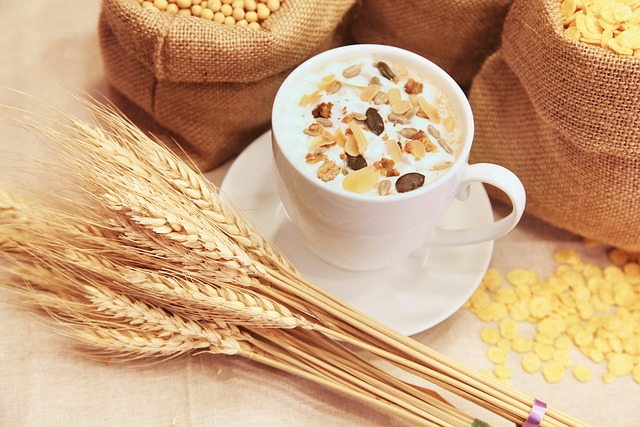Probiotics Decoded: Unraveling the Secrets of Gut Health
The human gut is an ecosystem teeming with trillions of microorganisms, including bacteria, viruses, fungi, and other microbes. While the word “bacteria” may bring to mind harmful germs, our gut is actually home to a vast array of beneficial bacteria that play a crucial role in maintaining our overall health and well-being. Probiotics, often referred to as “good bacteria,” have gained significant attention in recent years for their potential to improve gut health and promote various aspects of our health.
Probiotics, which literally means “for life,” are live microorganisms that, when consumed in adequate amounts, confer health benefits to the host. They can be found in certain foods or taken as dietary supplements. These friendly bacteria are typically strains of Lactobacillus, Bifidobacterium, or other beneficial species that naturally reside in our gut. They work symbiotically with our body, aiding in digestion, boosting immunity, and contributing to overall gut health.
How Probiotics Benefit our Gut Health?
The main function of probiotics is to maintain a healthy balance of gut bacteria. The human gut is a complex environment where both beneficial and harmful bacteria coexist. When the balance between these microorganisms is disrupted, it can lead to various gastrointestinal issues such as bloating, diarrhea, constipation, and even more severe conditions like irritable bowel syndrome (IBS) or inflammatory bowel disease (IBD).
Probiotics help restore and maintain this delicate balance by outcompeting harmful bacteria, promoting the growth of beneficial bacteria, and bolstering the gut’s barrier function. They also produce certain compounds, such as short-chain fatty acids, that nourish the cells lining the intestinal walls and provide a protective environment against pathogens.
The Benefits of Probiotics Extend Beyond Gut Health
While probiotics are primarily renowned for their positive impact on gut health, their benefits extend well beyond the digestive system. Research has shown their potential in reducing the severity and duration of infectious diarrhea, easing symptoms of lactose intolerance, and managing digestive disorders like IBS.
Moreover, probiotics play a crucial role in supporting a robust immune system. Approximately 70% of our immune cells reside in the gut, and the gut microbiota help educate and train these immune cells to defend against harmful pathogens. By promoting a healthy gut environment, probiotics indirectly strengthen our immune system, reducing the risk of infections and boosting overall health.
Emerging studies also suggest a link between our gut microbiota and mental well-being. The gut-brain axis is a bidirectional communication system between the gut and the brain. Probiotics have shown potential in alleviating symptoms of anxiety, depression, and stress by modulating this axis, though more research is needed to fully understand the intricacies of this connection.
Choosing the Right Probiotic
With an increasing number of probiotic products flooding the market, choosing the right one can be overwhelming. Here are a few factors to consider when selecting a probiotic supplement:
- Strain Diversity: Look for a supplement that contains a variety of strains to ensure colonization of diverse beneficial bacteria in your gut.
- Colony Forming Units (CFUs): CFUs indicate the number of viable bacteria present in the product. Higher CFU counts ensure a higher chance of beneficial bacteria reaching your gut alive.
- Survivability: Look for probiotics with enteric coating or microencapsulation, as it enhances their survival through the acidic stomach environment.
- Evidence-based: Choose probiotic strains that have been extensively studied and shown to have the desired health benefits.
Incorporating Probiotics into Your Routine
While probiotic supplements are readily available, you can also obtain these beneficial bacteria through natural food sources. Fermented foods such as yogurt, kefir, sauerkraut, kimchi, and tempeh are rich sources of probiotics. Including these foods in your diet can be a delicious way to support your gut health.
However, it’s vital to remember that probiotics are not a one-size-fits-all solution. The optimal probiotic regimen varies from person







